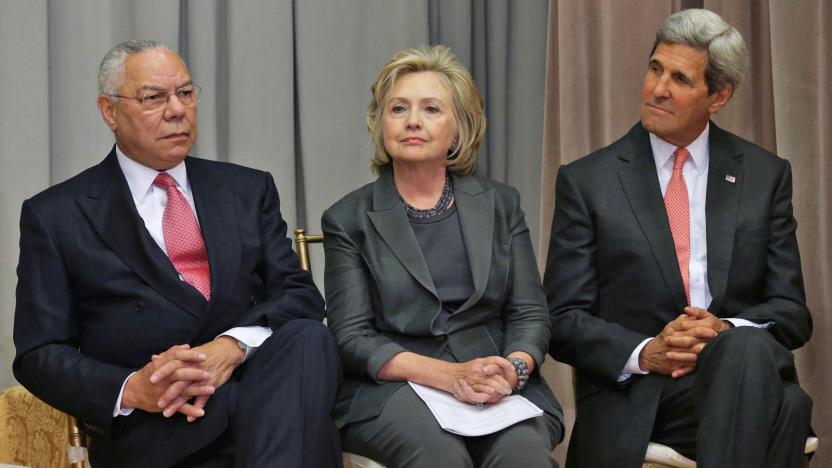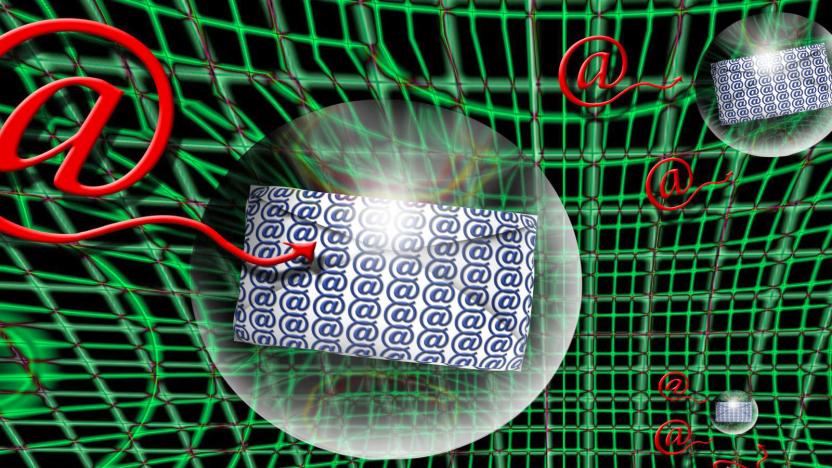secureworks
Latest

Russian hackers had hundreds of US targets in addition to the DNC
Various US agencies continue to look into the role Russia played in last year's presidential election, and targets of those investigations include interactions between Trump advisors and Russian officials, ads purchased by Russian agents through social media sites like Facebook and Twitter and whether the Kremlin was involved in the DNC email hacks of last year. In regards to the latter, Russia has been suspected of being behind the hacks for quite some time and just this week, reports have surfaced that the US Department of Justice has pinpointed six Russian officials it believes to have been involved in the hacks. However, a report released today by the Associated Press suggests that the group behind the DNC email breaches actually had a much wider range of targets.

Nigerian email scammer stung by his own malware
With more and more internet users now wise to email scams, scammers are utilizing increasingly advanced techniques to stay one step ahead of their targets. A pair of researchers recently stumbled on a new a "wire-wire" technique that earned a 30-strong group of Nigerian scammers as much as $3 million a year, at least until one prominent member accidentally infected himself with his own malware. IEEE Spectrum reports that SecureWorks security experts Joe Stewart and James Bettke were alerted to this new kind of attack in February after they stumbled upon a keylogger that was sending unsecured data to an open web server. They watched for months as the ring collected keystrokes and screenshots of important documents from unsuspecting users. But because the malware was running on the scammers' computers too, it also gave them an important insight into who was behind the thefts, the tools that were used, the names of the affected businesses and the sums of money being transferred to third-party accounts.

Crazy Apple Rumors explains Apple Wireless Controversy
This MacBook Wi-Fi Hack drama has been quite a rollercoaster ride over the last couple of months. Brian Krebs kicked off by publishing the controversial "Hijacking a MacBook in 60 seconds or less" story, then SecureWorks felt the need to clarify they weren't using the built-in drivers for the demo. John Gruber helped to debunk the situation and then offered a challenge to help settle it, while the entire time, SecureWorks maintained that they had submitted evidence and code to Apple, and everything would soon be revealed. To what was likely at least a few surprised reactions, Apple ultimately released a wireless security update, patching flaws that sound similar to those that David Maynor and John Ellch claimed to have found, while telling Macworld's Jim Dalrymple that the dynamic duo didn't actually lend a hand in finding or solving the exploits, save for making quite a public stink that they might exist. Apple says the situation inspired an internal audit which led them to find the exploits on their own. As many have already pointed out: either these two hackers - one of whom has an affinity for lit cigarettes and Mac users' eyes - are lying, or Apple - an international corporation with billions staked on their reputation for security - is lying.Fortunately, Crazy Apple Rumors is up to their humorous selves again, and this time they've found the thorn in this entire situation's side. Their conclusion is surprising, and it's unfortunate no one caught this sooner, but this can hopefully let us put the matter to rest, or at least have a laugh until the next episode.

